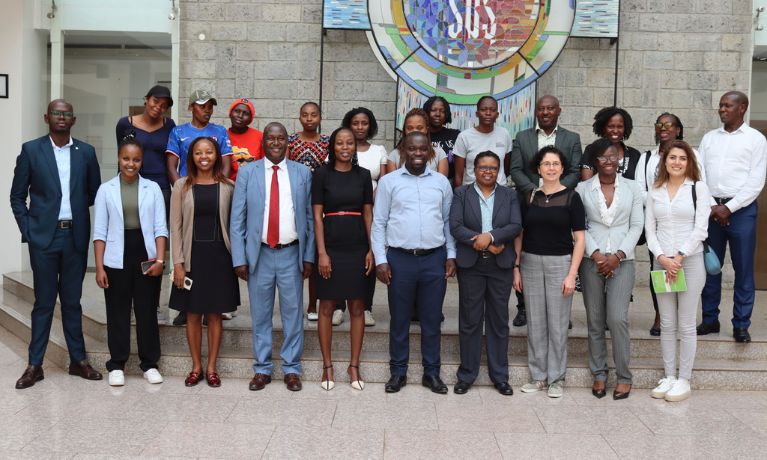Empowering women within Kenya’s growing e-mobility sector
Associate Professor Esin Yoruk is collaborating with African partners to showcase women’s contributions to Kenya’s growing electric mobility sector.
Search
The Centre for Resilient Business and Society (CRBS) is dedicated to advancing knowledge and innovation at the intersection of business resilience and societal well-being.
Our mission is to develop sustainable, agile, and resilient business solutions that maximise long-term economic and social value through interdisciplinary, data-driven research in partnership with industry, government, and societal stakeholders, including charities and non-government organisations.

Associate Professor Esin Yoruk is collaborating with African partners to showcase women’s contributions to Kenya’s growing electric mobility sector.

At the Centre for Resilient Business and Society (CRBS), postgraduate students are central to our research community and have access to dedicated facilities, training and global collaborations.
Find out more


